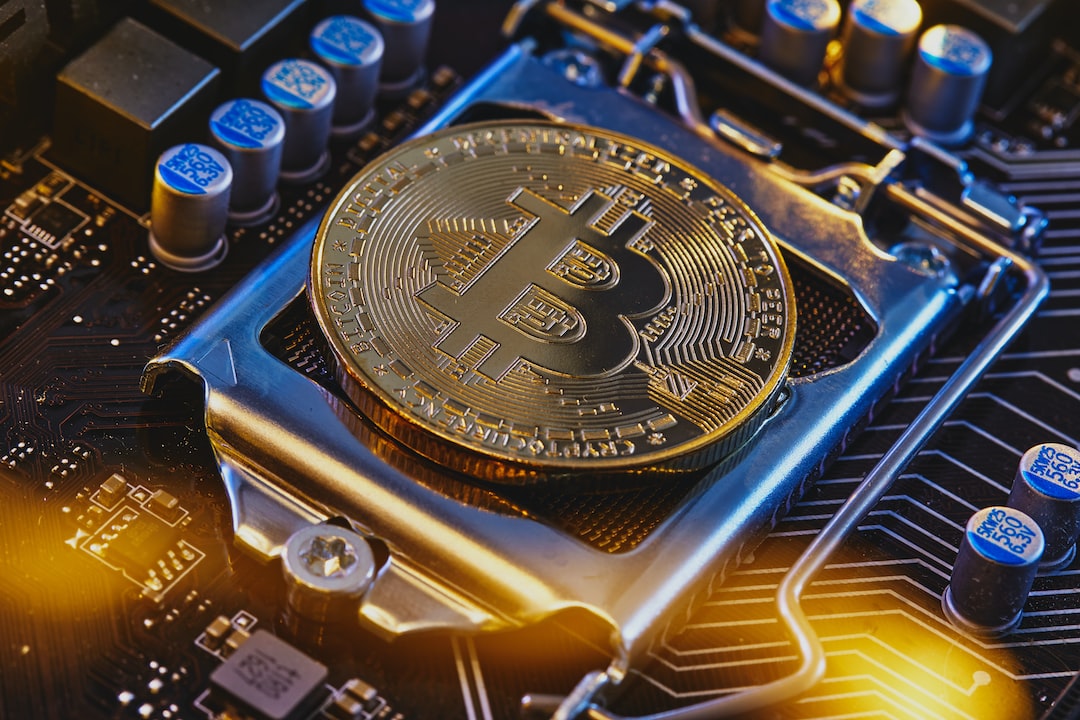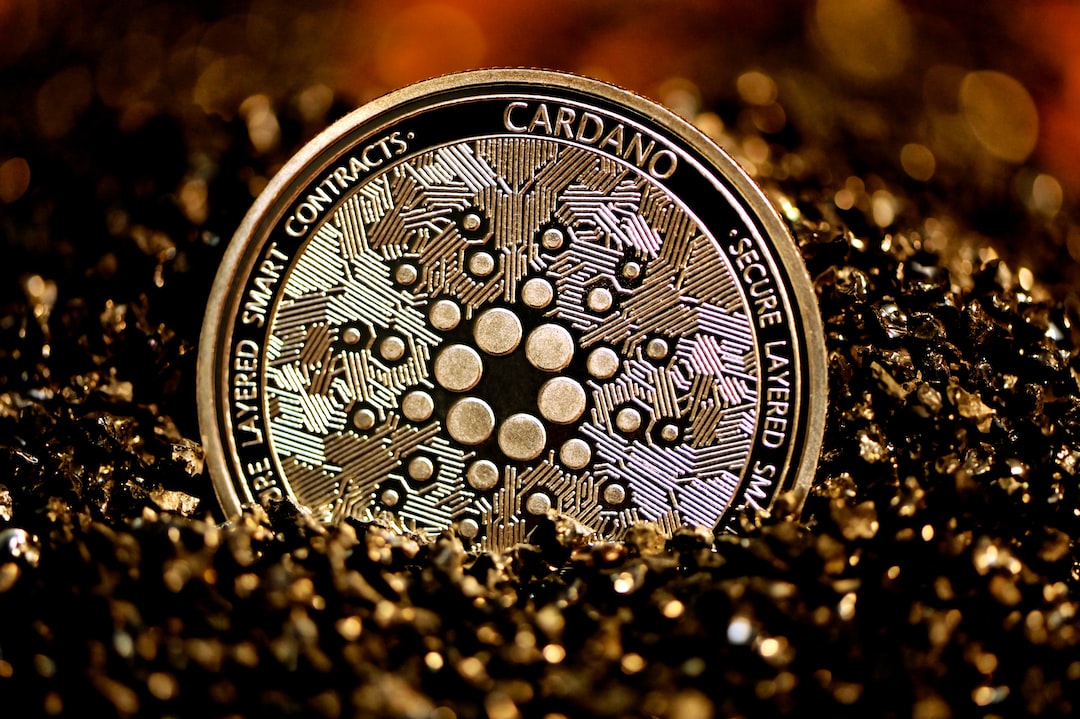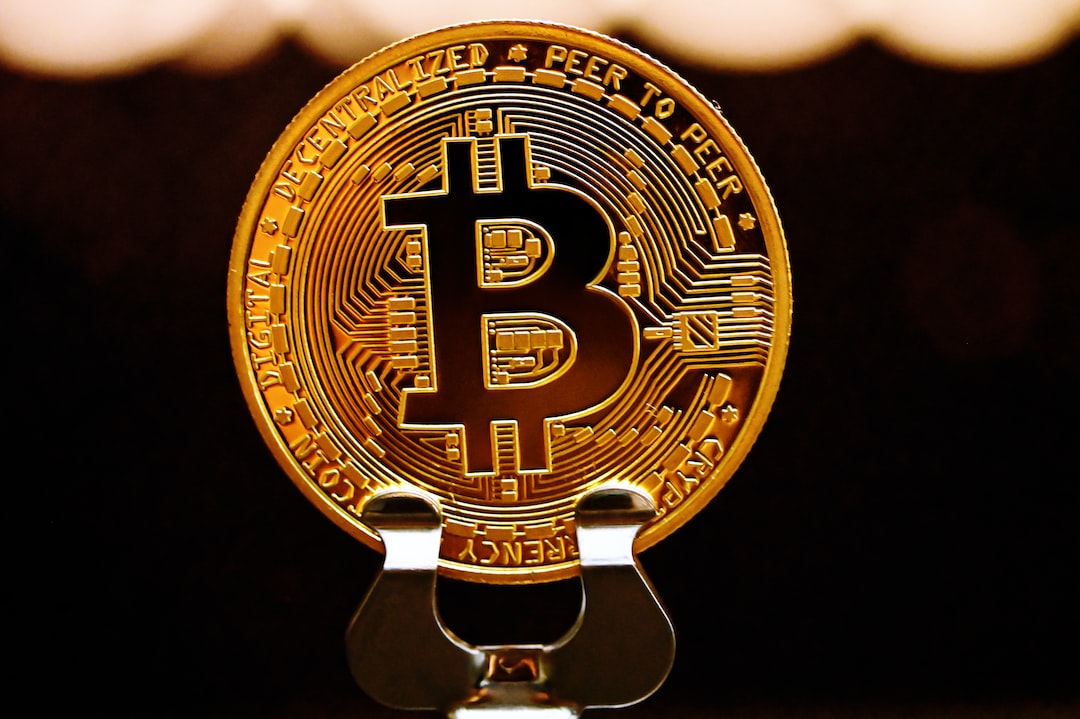Ripple CTO And Cardano Founder Clash Over ETH Gate
In the ongoing debate surrounding Ethereum’s regulatory status and the alleged preferential treatment it received from the US Securities and Exchange Commission (SEC), Ripple CTO David Schwartz has responded to comments made by Cardano founder Charles Hoskinson. Hoskinson suggested that while there may have been unequal application of the law, it does not necessarily imply corruption. He also differentiated between using relationships to protect one’s own interests versus using them in a conspiracy to attack a competitor.
Schwartz, however, directly labeled the situation as corruption, marking the first time a Ripple executive has done so. This differs from the more measured approach taken by other Ripple executives in addressing the issue.
ETH Gate Divides The Crypto Community
The debate revolves around William Hinman, former director of the SEC’s Division of Corporation Finance, who consulted with Ethereum co-founders prior to his speech identifying ETH and BTC as non-securities. This move went against the advice of other senior SEC officials. Speculations arose about Hinman’s financial motivations, particularly due to his connections with Simpson Thacher, which reportedly paid him over $15 million during his time with the SEC.
The “ETH Gate” situation has divided the crypto community, with some suggesting that Ethereum officials used their networks or financial power to receive favorable treatment from the SEC, while others believe there was a conspiracy against Ripple and its native currency XRP.
Hot Take: Ripple CTO Accuses SEC of Corruption in ETH Gate Situation
Ripple CTO David Schwartz’s direct accusation of corruption in the “ETH Gate” situation marks a significant escalation in the ongoing debate over Ethereum’s regulatory status. While Cardano founder Charles Hoskinson has suggested that there may have been unequal application of the law but not corruption, Schwartz argues that government actors showing favoritism aligned with personal interests constitute corruption. This clash highlights the deep divisions within the crypto community and raises questions about the SEC’s decision-making process. As the debate continues, it remains to be seen how this will impact the regulatory landscape for cryptocurrencies.





 By
By
 By
By
 By
By
 By
By
 By
By
 By
By